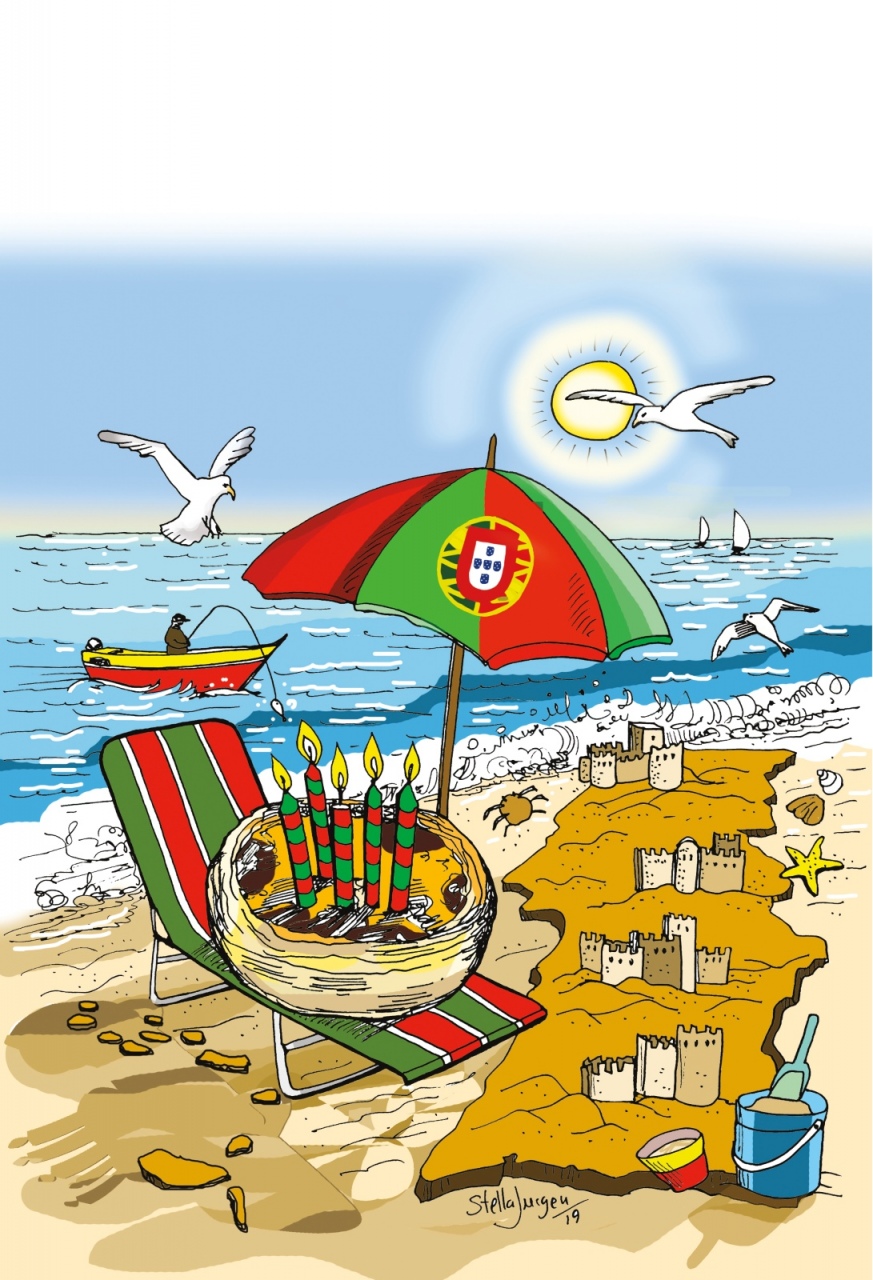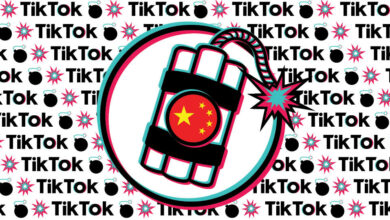Ser Português Ontem, Hoje e Amanhã
Portugal tem 840 anos de idade e eu questiono que tipo de identidade cultural tem um português dos tempos modernos.
Com o aproximar de mais uma celebração do Dia de Portugal, a 10 de Junho, é certamente apropriado refletir sobre o significado desta celebração e sobre o que estaremos a celebrar no futuro, particularmente os 50% da população que residem fora da República de Portugal. O Portugal de ontem começou no primeiro milénio a.C., os Celta Lusitanos entraram na Península Ibérica e estabeleceram o território. Durante várias gerações, os Lusitanos combateram os Romanos, antes de se subjugarem ao seu Império de Roma. Após esse período, descendentes dos Lusitanos e Romanos viveram sob as regras dos Mouros durante vários séculos, até ser estabelecido um Reino independente. Batalhas constantes com Espanha levaram Portugal a virar-se para o mar como fonte de poder. O Infante D. Henrique, o Navegador, e a escola de Sagres enviaram muitos para o mundo, instituíram Portugal como uma superpotência e providenciaram uma maior cristalização da influência portuguesa em várias áreas do globo.
Portugal manteve-se como um poder colonial até 1975, quando a revolução silenciosa resultou numa república democrática. A História de Portugal é muito mais rica do que descrito acima, mas é para contextualizar quem somos. Lusitanos, Celtas, Mouros, Ciganos, etc. fornecem a composição do ADN que demonstra o comportamento da população em diferentes regiões de Portugal. É isso que torna os portugueses tão regionalistas? Os portugueses do passado que garantiram o básico da nossa linguagem como Luís Vaz Camões, Fernando Pessoa, José Maria Eça de Queiroz, Fernando Namora, Miguel Torga, José Saramago e outros, deveriam ser celebrados por serem os navegadores silenciosos que nos guiaram com as suas palavras para esquecermos o descontentamento de vários anos.
Em Portugal, a população de cerca de 10,300,000 (sem contar com a imigração) está a perder anualmente cerca de 5,000 residentes comparando com o número de nascimentos, o que compromete o seu poder económico.
A modernização de Portugal, a crescente imigração e o aumento tremendo do turismo está a mudar a forma como o país se vê a si próprio. Por quanto mais tempo será preservada a verdadeira identidade portuguesa? Os lusodescendentes, que vivem como imigrantes noutros países, estabeleceram raízes, preservam as memórias do que foi deixado para trás, choram devido a expectativas irrealistas de uma terra que lhes virou as costas. A maioria daqueles que saíram, dizem manter-se fiéis às raízes da identidade cultural portuguesa, contudo, a maioria vive o seu dia-a-dia sem pensar em Portugal a não ser quando há um jogo de futebol importante. No futuro, os portugueses a part-time vão ser a realidade. Aqueles que criticam o país onde vivem e choram cada vez que o hino português toca, não irão regressar a Portugal de forma permanente porque percebem que o seu padrão de vida iria ser afetado, a não ser que sejam economicamente autossuficientes para toda a vida.
A maioria dos imigrantes sabe que o Governo português não quer saber deles, a não ser no que diz respeito aos benefícios financeiros que levam para o país. O português do futuro, o que inclui a geração mais jovem que irá representar a nossa cultura, apenas se irá identificar com ascendência portuguesa quando conveniente. Não irão sequer tentar aprender algumas palavras básicas da língua portuguesa.
Então, que tipo de português é você? Provavelmente, um não muito bom.
No final, o nosso ADN é uma miscelânea de culturas dentro de mentes que, supostamente, deveriam pensar da mesma forma. Portugal, devido à sua incapacidade de governar, deu metade do mundo e matou gerações de jovens em África. Está a acontecer o mesmo outra vez em Portugal, mas numa escala mais pequena, com governos sucessivos, onde a corrupção, greves e incerteza infiltram o país. E uma grande parte da população e dos seus descendentes aprenderam virtudes semelhantes às praticadas pelo Governo.
Ser português é aceitar imperfeições da história de um país conturbado.
Graças a Deus mantivemos o sentido de humor.
Feliz Aniversário Portugal.
Manuel DaCosta
Cartoon: Stella Jurgen

Being Portuguese
Yesterday, Today and Tomorrow
Portugal is 840 years old and I question what cultural identity of a modern-day Portuguese is.
Approaching another Portugal Day celebration on the 10th of June, it is certainly appropriate to reflect about what the celebration is and what we will be celebrating in the future, particularly the 50% of the population that resides outside of the Portuguese Republic. The Portuguese of yesterday began in the first millennium BCE. The Celtic Lusitanian entered the Iberian Peninsula and settled the land. The Lusitanian battled the romans for generations before acceding the Empire to the Romans. Thereafter, descendants of the Lusitanian and Romans lived under Moorish rules for several centuries until an independent Kingdom was established. Constant battles with Spain resulted in Portugal looking to the sea for power. Henry the Navigator school at Sagres sent many to the world and established Portugal as a world power and provided further crystallization of the Portuguese influence in many areas of the Globe.
Portugal remained a colonial power until 1975 when the quiet revolution resulted in a democratic republic. Portugal’s history is much richer that described above but this is to provide a context about who we are. Lusitanian, Celtic, Moors, Gypsies, etc. provide a composition of DNA that shows the population behaviours in different regions of Portugal. Is this what makes Portugal so regionalist? The Portuguese of the past that provided us with the basics of our language such as Luiz Vaz Camões, Fernando Pessoa, José Maria Eça de Queiroz, Fernando Namora, Miguel Torga, José Saramago and others should be celebrated for being the silent navigators who guided us with their words to forget the discontent of many years.
Portugal’s population of about 10,300,000 (not counting immigration) is losing about 5,000 residents per year compared to births and thus its economic power is being compromised.
The modernization of Portugal plus the influx of immigrants and the tremendous increase in tourism is changing the way the country looks at itself. How much longer will the true Portuguese identity be preserved? Those Luso descendants who live as immigrants in other countries and have established roots, preserve memories of what was left behind, crying for unrealistic expectations of a land that turned its back on them. Most who left say that they remain true to their roots of Portuguese cultural identity, but most live a daily life not thinking about Portugal other than when an important soccer game is played. Part-time Portuguese will become the reality in the future. Those who criticize the country they live in and cry every time the Portuguese National Anthem is played, will not return to Portugal on a permanent basis because they understand that unless you are economically self-sufficient for life, their standard of living will suffer.
Most immigrants know that the Portuguese Central Government doesn’t really care about them, other than the financial benefits they bring into the country. The future Portuguese, which includes the younger generation which will represent our culture, will only identify themselves of Portuguese background when convenient. They won’t even try to learn a few basic Portuguese words to get them by.
So, what type of Portuguese are you? Probably not a very good one.
In the end, our DNA is a mishmash of cultures inside minds that are expected to think alike. Portugal gave away half of the world plus killed generations of young men in Africa because of its incapacity to govern. It’s happening again in a smaller scale in Portugal with successive governments, where corruption, strikes and uncertainty permeates the country. A large section of its population and descendants have learned similar virtues as practiced by the Government.
Being Portuguese is about acceptance of imperfections from the History of a troubled country.
Thank God we kept a sense of humor.
Happy Birthday Portugal.
Manuel DaCosta
Cartoon: Stella Jurgen








Redes Sociais - Comentários